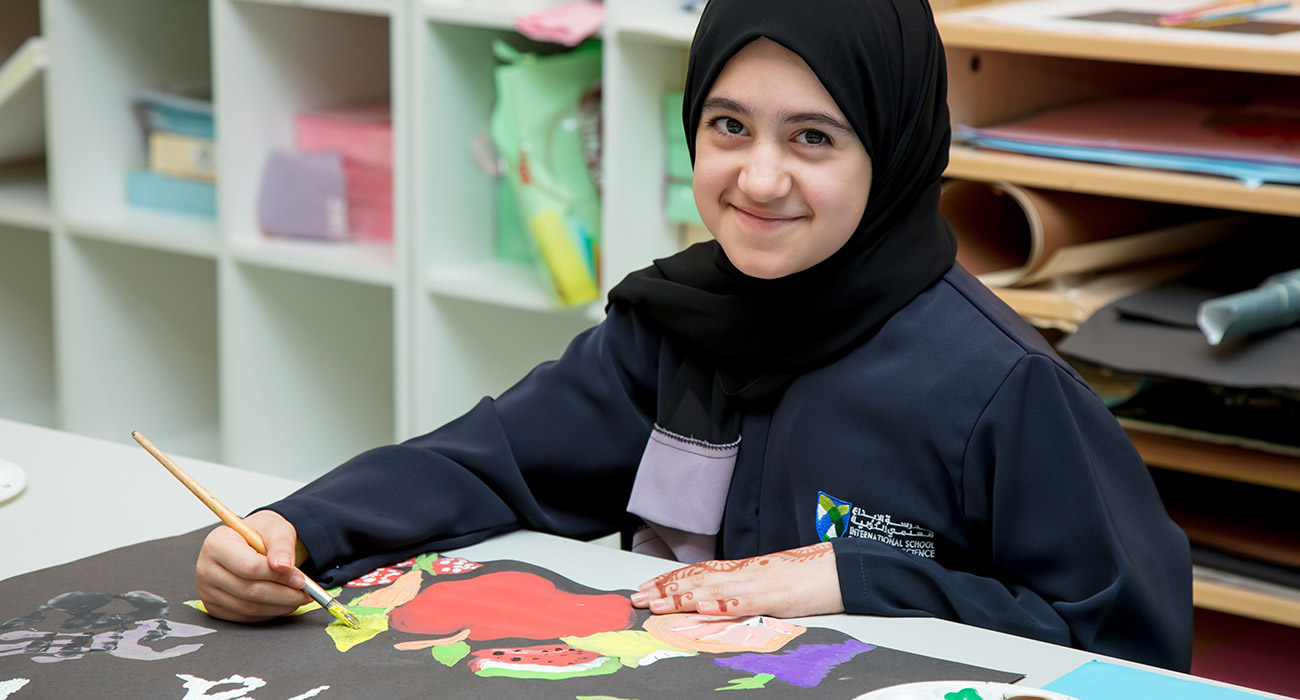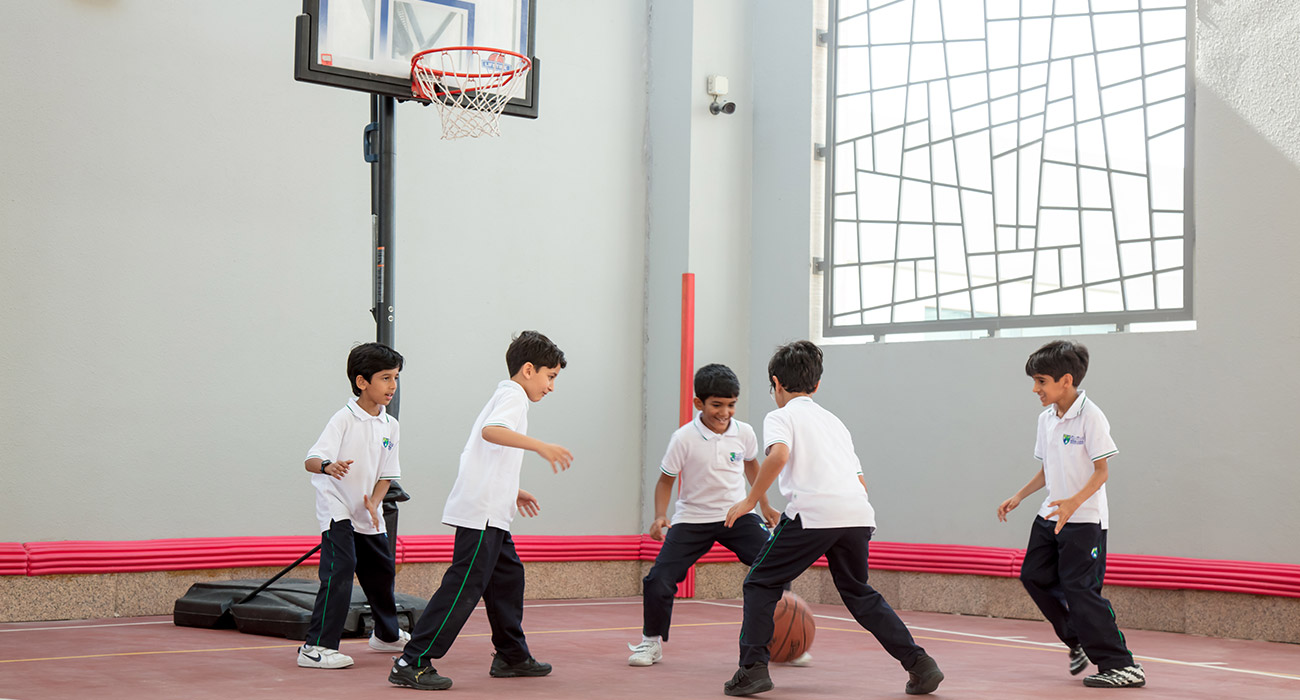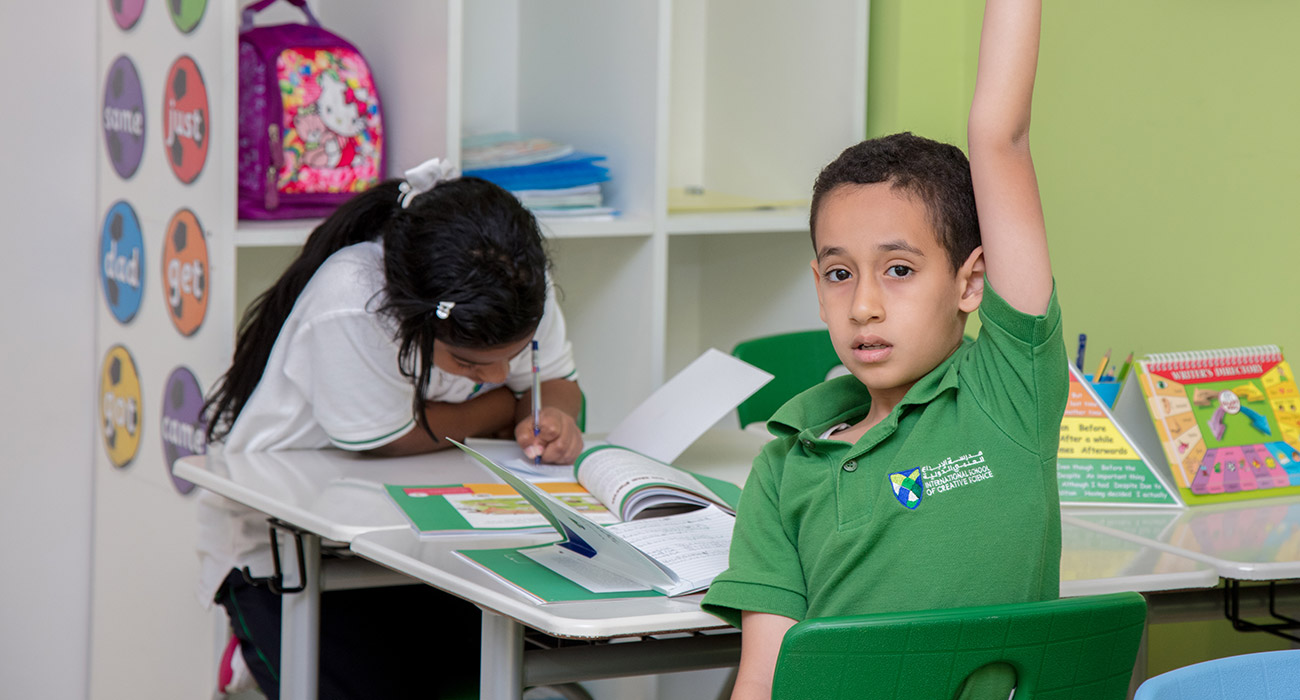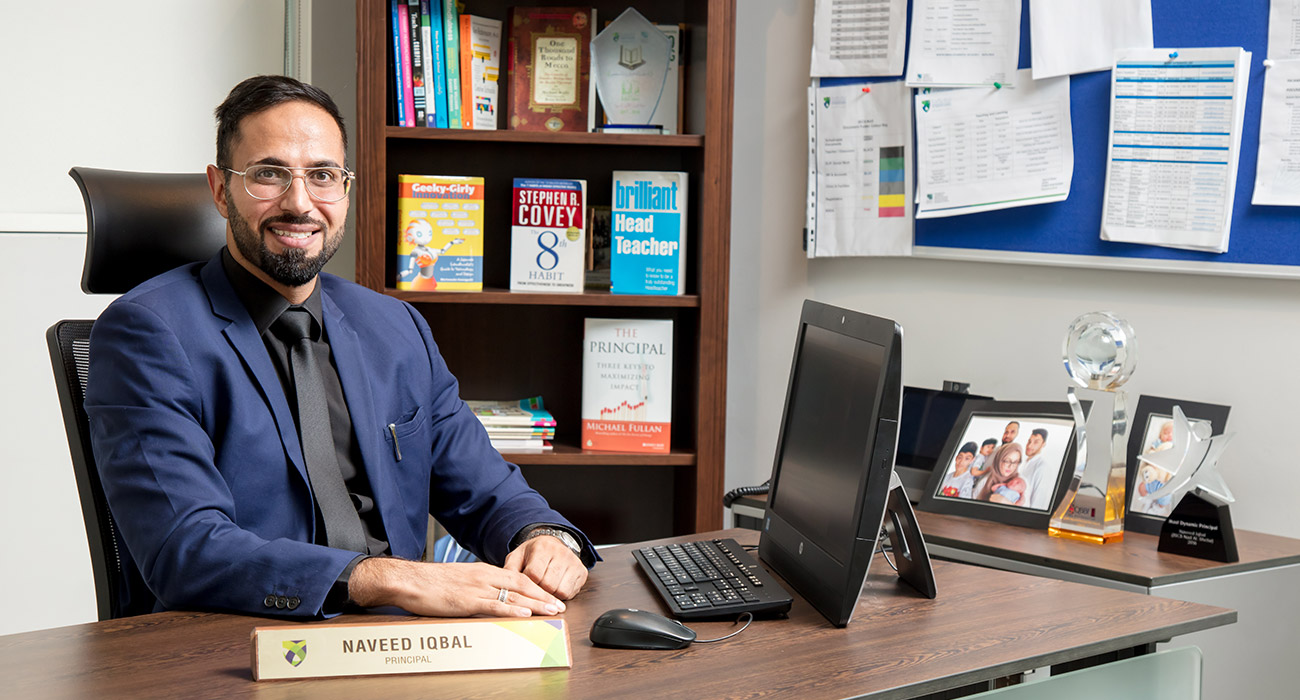
Brain development is child’s play

Play is a vital part of children’s development and just as important as academic learning. Not only is play essential because it promotes physical health, it also boosts social and mental wellbeing. At ISCS, Nad Al Sheba, one of the leading British curriculum schools in Dubai, we incorporate play both inside and outside of the classroom so that students can excel academically and become well-rounded adults.
Why is play important?
Through different kinds of play, children learn how to work, cooperate, and communicate with their peers, alongside developing independent thinking skills. They also learn creativity, which supports brain development, including cognition and problem-solving. Combined, these skills positively impact students’ literacy and numeracy levels, the foundation of all learning.
Play is also therapeutic, providing kids with a constructive outlet for pent-up physical and emotional energy. Remember, children are complex human beings, and may be experiencing conflicting feelings to which their parents and caregivers can’t always relate. Play is therefore an opportunity for kids to experience positivity, relax, and reduce anxiety and stress and be able to express their inner feelings indirectly.
Unfortunately, child behavioural specialists have noticed a decline in the amount of time children spend playing. This is largely due to more screen time in the form of television, video games, and smart devices. Less play and more screen time means kids are not engaged in learning activities that underpin brain development and better support academic performance. Added to this, children are spending the majority of their time seated, both inside and outside of the classroom. Studies show that predominantly sedentary activity is connected to childhood obesity and cardiovascular problems later in life.
What can you do?
Parents or older siblings can organize structured play and set up games, such as hide-and-seek, and charades, or puzzles and board games, for younger members of the family. This kind of play is defined by purpose with a few directions, meaning that in addition to competition, it has a learning objective that your child attempts to meet.
Parents should also encourage solitary play. Learning how to spend time entertaining themselves allows children to develop self-sufficiency, a valuable skill for the classroom and adulthood. Your child might choose to play alone, despite being in the company of other children. That’s okay! It means your child is imagining and learning how to be independent.
Both of these kinds of play allow kids to start practicing self-advocacy, decision-making, compromise, and conflict resolution - skills that will help them as they progress through school, higher education, become professionals, and eventually parents themselves.
How can we help?
At ISCS Nad al Sheba, we integrate both free and structured play into our teaching approach. Students benefit from free play at recess, under the supervision of monitors, which provides them regular breaks from being sedentary. Inside our schools, there are instalments like climbing structures to build motor coordination, as well as a variety of materials for crafts and painting to foster creativity, games and puzzles that are used to teach math and reading. In addition we strongly believe in teaching children real-life matters, for which we have specific playing sets (like mini-mart lanes and cashiers, full mini kitchen play section..etc. With this combination of play and academics, we provide our students with a well-rounded education that meets their childhood developmental needs.









